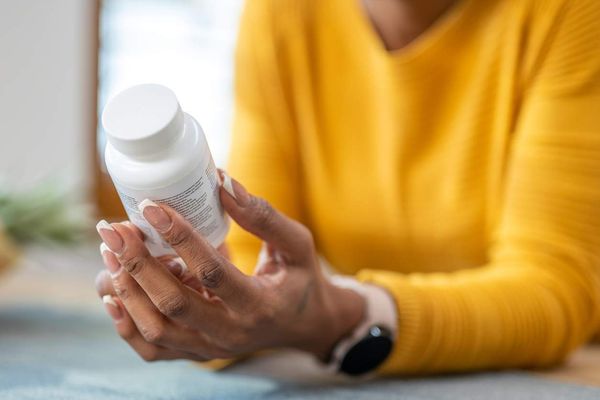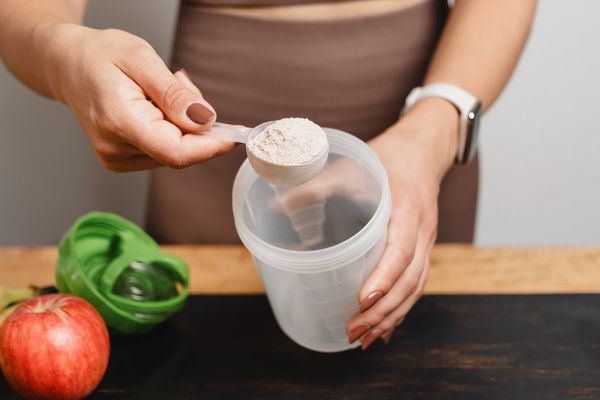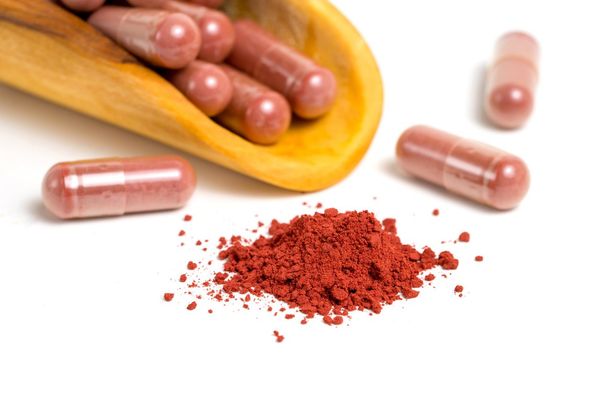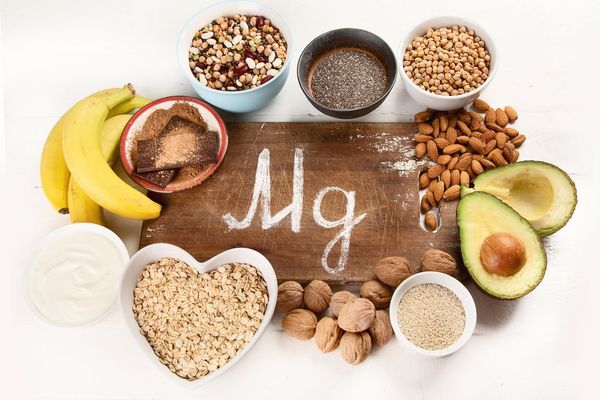Q:
What is the best way to take folic acid: All at once or scattered throughout the day? I would like to take 800 micrograms (0.8 milligrams) daily. In addition to supplements, what foods should I eat that are high in folic acid?
A:
Folic acid, also known as folate or folacin, is probably best known as the vitamin that prevents neural tube defects such as spina bifida during pregnancy. It plays an important role in the development of a fetus, particularly synthesis of DNA, which is essential for protein production and the transfer of the genetic material of cells. Without adequate folate, the proteins in cells that make up the fetal nerves, spinal cord and brain may not form properly, which leads to neural tube defects, such as spina bifida ("cleft spine"). Deficiencies of folate have also been associated with some cancers and as a risk factor for atherosclerosis (clogging of the arteries). Because it is so important for women of childbearing age to get the recommended amounts of folate before they become pregnant, the federal government mandated the folate fortification of grains and cereal products.
Although widely distributed in the American food supply, folate is highly sensitive to heat and light and food processing methods. Furthermore, much of the folate found in food is in a form poorly absorbed by the body. Supplements and foods fortified with folate, such as ready-to-eat cereals, are better absorbed. Supplements can be taken once daily, at any time of day.
The recommended intake of folate for adults is 400 micrograms per day and for pregnant women 600 micrograms. An example of a selection of foods that, together, would give you the recommended value of folate is: 1 cup spinach, 1 cup broccoli, 1 cup orange juice and 1 cup lentils. Just one serving of fortified breakfast cereal has 400 micrograms. Furthermore, all wheat, rice and corn grown in the United States is fortified with folic acid. In addition to eating fortified grain products, leafy green vegetables, nuts, beans, citrus fruits and liver are all good sources of folate.
Folate is not generally toxic at high levels, although excessive intake of folate can mask vitamin B12 deficiency, which may lead to neurological problems. It is very difficult to reach a toxic level of folate from unfortified foods alone.







